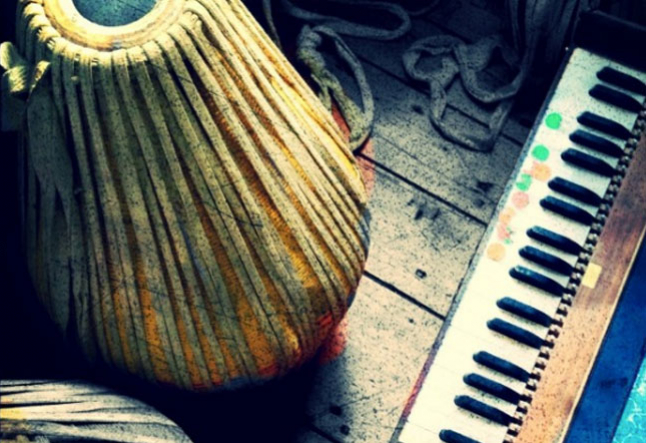Find Your Zen! Your Free Guide to Wellness
Download your free Guide & Receive Weekly Inspirations for the Lifestyle of a Modern Yogi!
n style="color: #000000;">Kirtan singing is an ancient practice that originated in India around the 12th Century. It is a form of collective singing- a call and response song where a lead singer starts with a chant and everyone sings it back. This ancient practice has recently become popular in the the west. Many yoga studios offer Kirtan singing as part of their practice.
